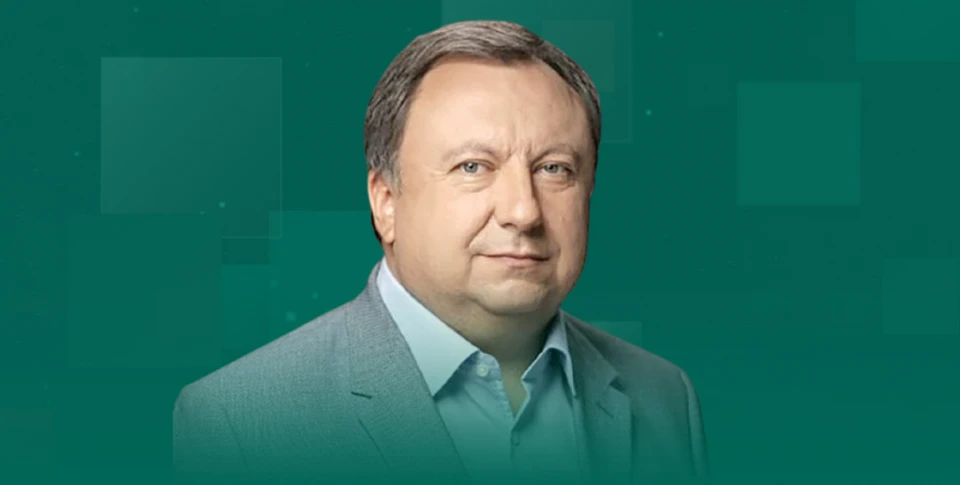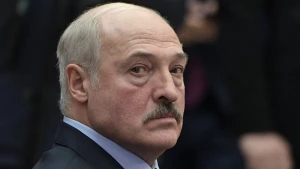
Ukraine's defeat goes against America's national interests
Although Trump's press conference, as interpreted by Ukrainian media, may cause depression, in reality, nothing new was said
The main takeaway is that Trump is gradually familiarizing himself with a wide range of issues, and this process is still ongoing. Therefore, instead of clear answers to questions about Ukraine, we hear isolated phrases that are difficult to understand without interpretation. Meanwhile, as is well known, there are more interpretations on Facebook than atoms in the universe, and the number of analysts in any chat grows to 100%.
In reality, it is not fragments of phrases from press conferences that need to be interpreted but the concrete actions of the new U.S. president’s administration.
“The peculiarity of American politics lies in the fact that institutions are more important than personalities, and legal procedures cannot be replaced by emotional gestures. Therefore, the direction of U.S. policy in supporting Ukraine in its war with Russia, if it can be changed at all, will be very difficult to alter.”
However, there may be details regarding how this support will proceed, how quickly, and in what scope. Yet, at present, it is impossible to understand this, if only because Trump is not yet president.
Currently, the main obstacle to any peace process is the fundamentally different views on war and peace held by Ukraine, the U.S., the EU, and Putin's Russia. While the U.S. views this as a local war somewhere in Europe (Trump explicitly says, "an ocean separates us"), for Putin, it is a war between Russia and the West over a "new security architecture." If the U.S. can hypothetically discuss freezing the war along the front lines (no matter how painful this would be for us to accept), there is not even a hint of discussions about a new "security architecture."
In this configuration, a hypothetical "surrender" of Ukraine by the U.S. does not resolve the issue for which Putin started the war. Therefore, stopping U.S. support for Ukraine would effectively mean agreeing to Putin’s proposals for this new architecture — in other words, a capitulation of the U.S. and EU to Putin. Regardless of who is president, it is highly unlikely that the U.S. would ever agree to such a thing, as this would call into question all other American commitments to its allies.
As we can see from the statements of individuals who, in a few weeks, will be shaping the future Trump administration’s position on Ukraine, there is no lack of understanding of this issue among them. However, as we saw from yesterday’s press conference, this understanding is not yet sufficient to create a clear plan for ending the war that Trump could present publicly. Therefore, everything he says or will say in the near future will inherently lack clarity, so as not to "frighten" not only Ukraine, the EU, and Putin but also the American political system and its allies around the world.
The main thing we need to understand — and what has already been repeatedly stated by members of Trump’s future administration — is that Ukraine’s defeat does not align with U.S. national interests. Everything said at the press conferences must be interpreted through this thesis.
About the author. Mykola Kniazhytskyi, journalist, member of the Ukrainian parliament.
The editors don't always share the opinions expressed by the authors of blogs or columns.
- News











































